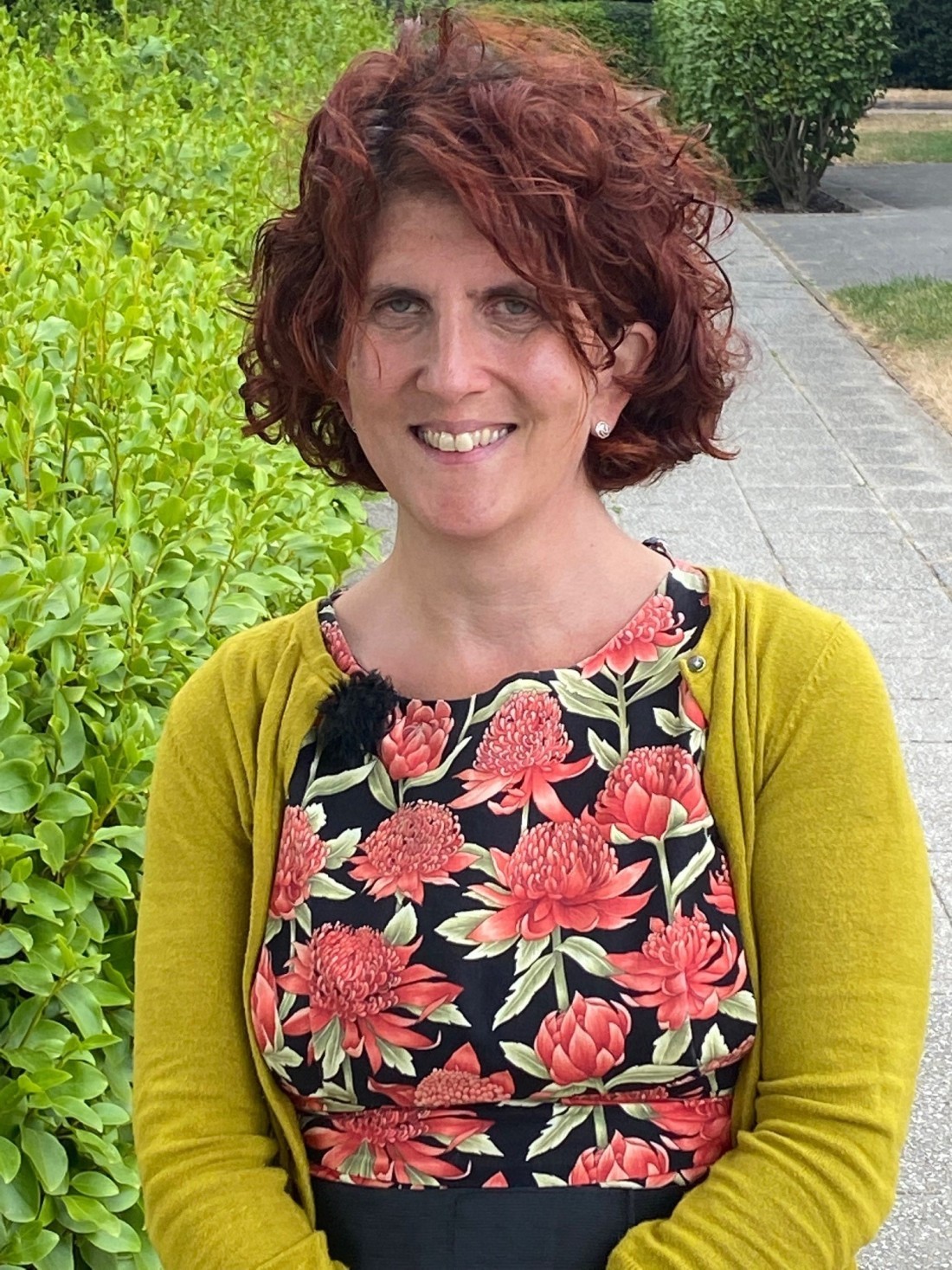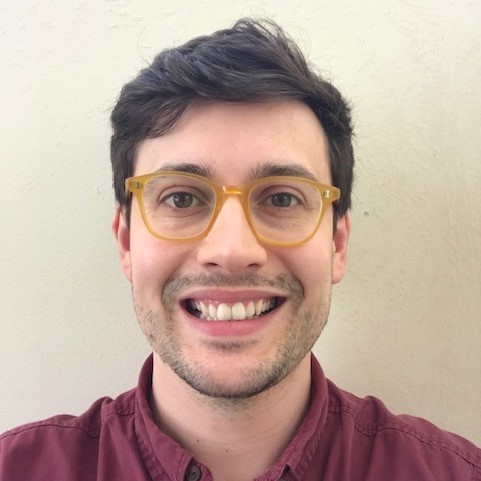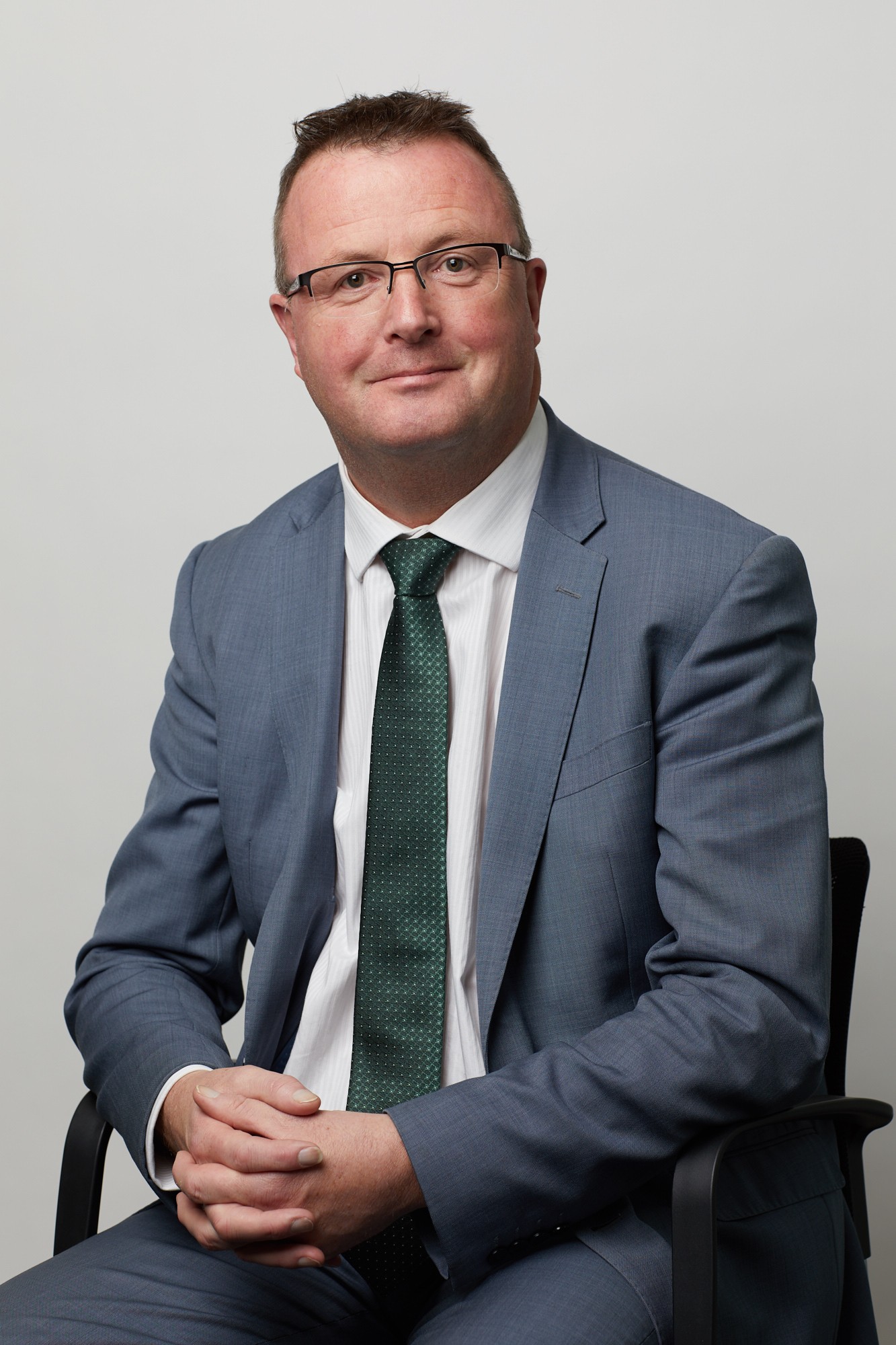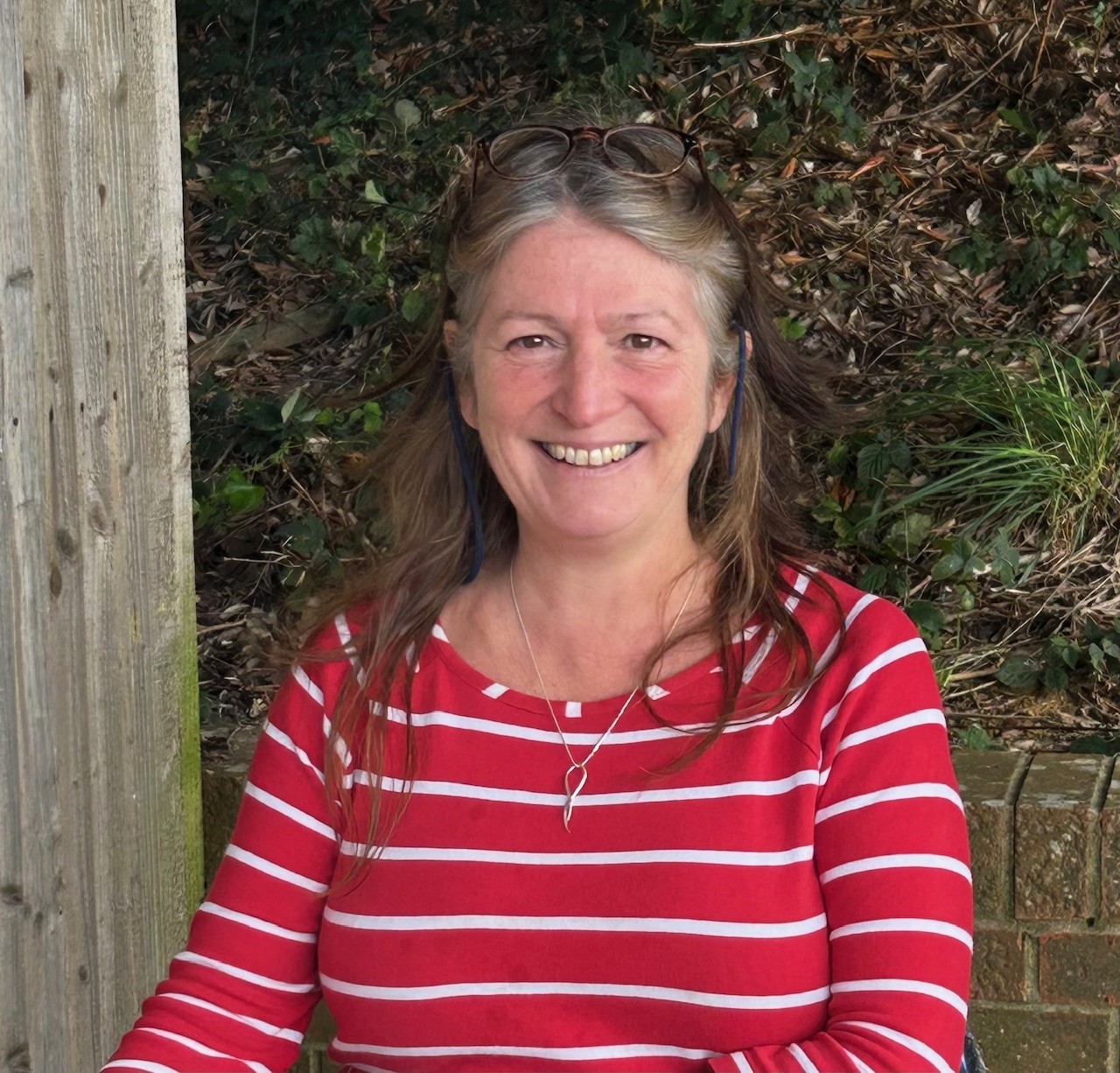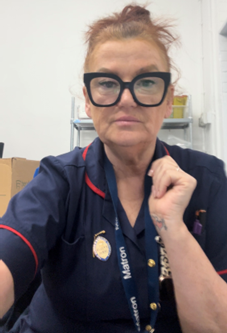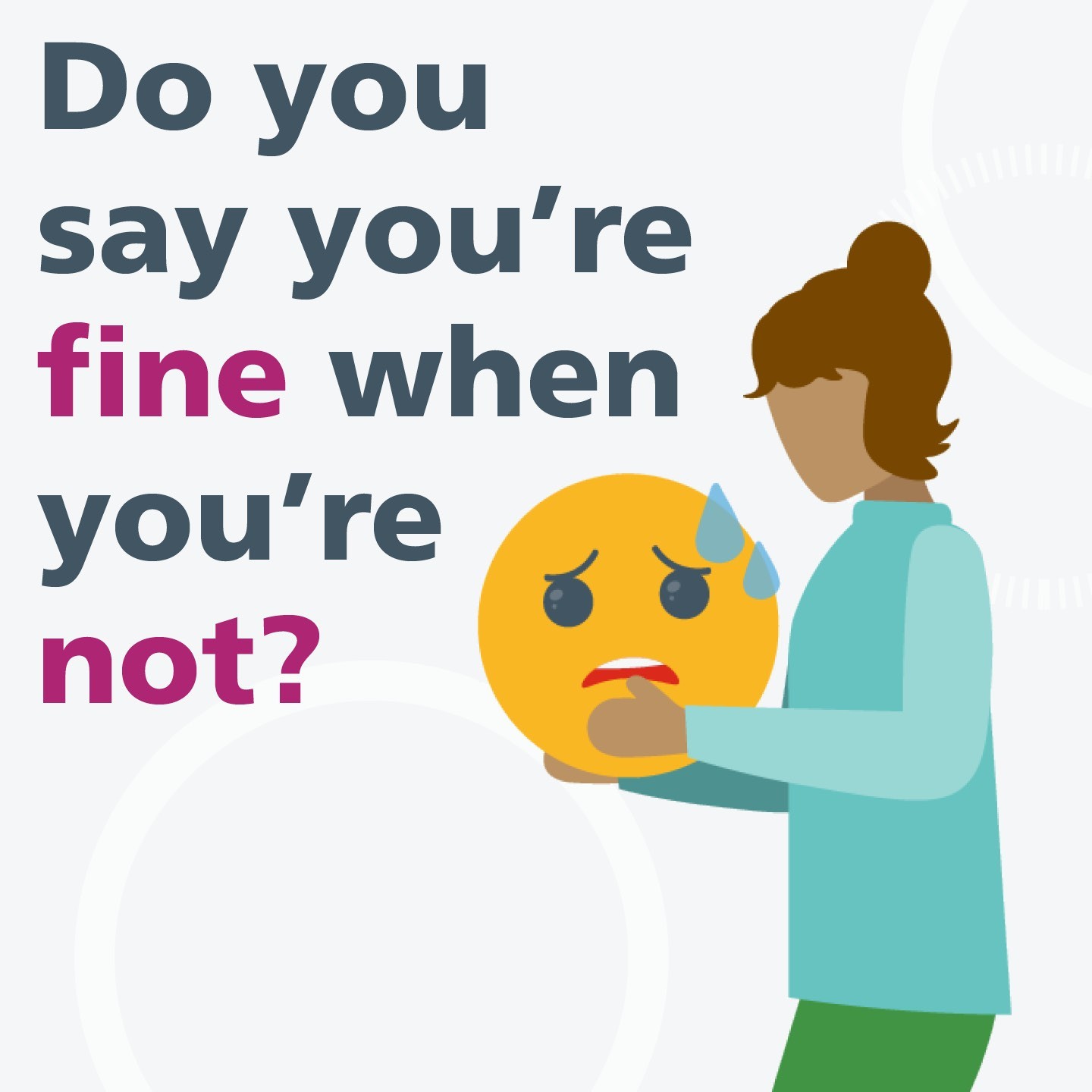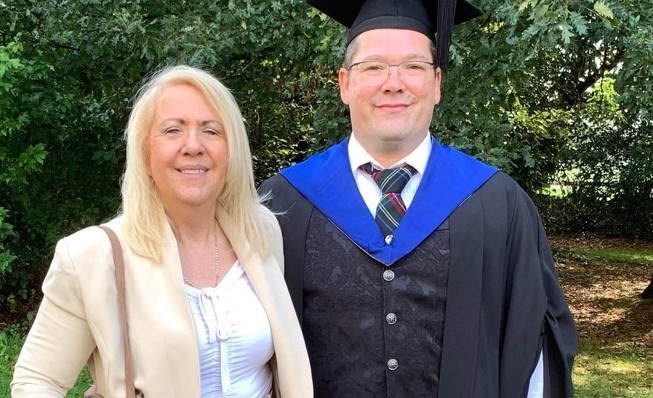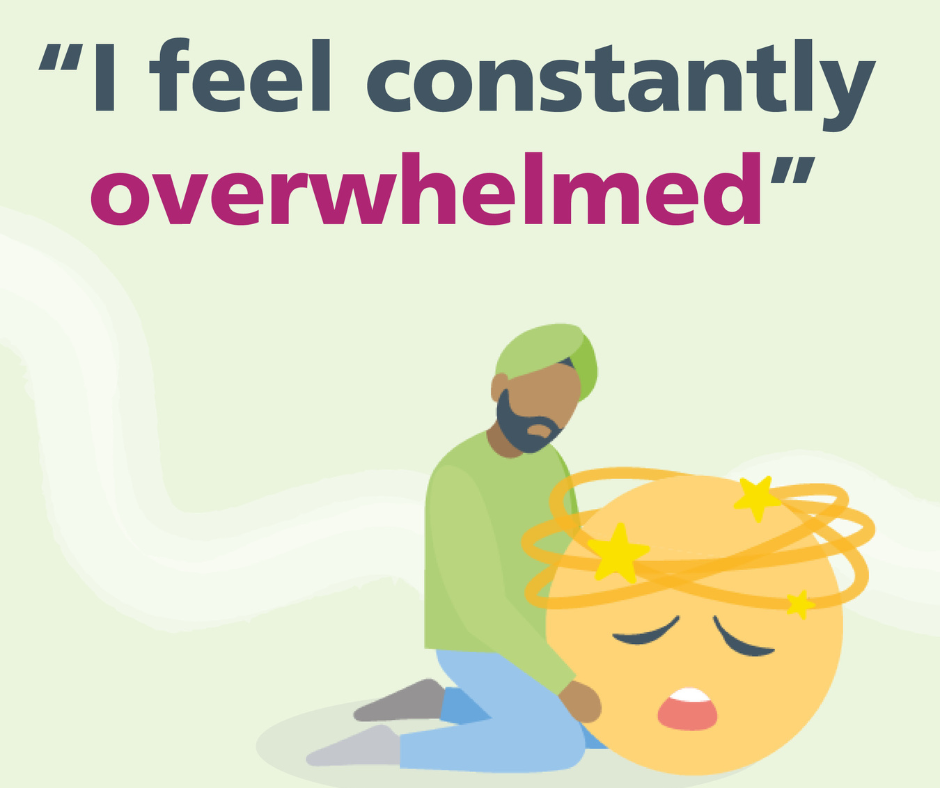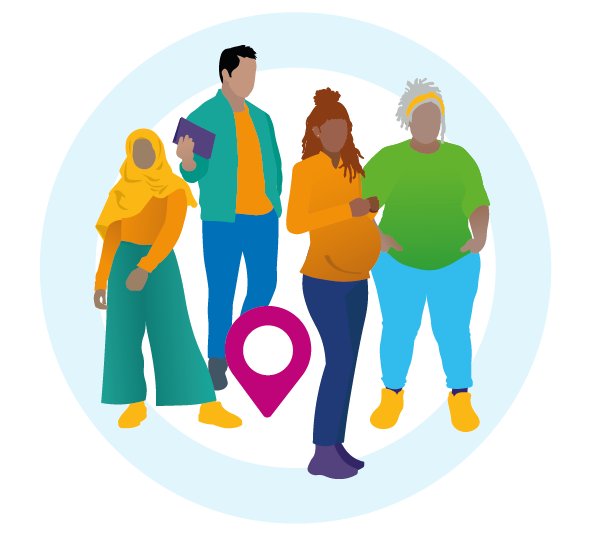
Hearing Voices - schizophrenia and research
Mark Hayward, Sussex Psychologist and lead of the Sussex Voice Clinic at Sussex Partnership Foundation Trust (SPFT), was interviewed by the University of Sussex about schizophrenia.
Here he talks about his research on hearing voices, a symptom commonly experienced by people with lived experiences of schizophrenia.
What motivates you as a researcher? A desire for patients to receive the best quality psychological treatments for distressing voice hearing experiences.
What are the gaps in current schizophrenia (hearing voices) research and how does your research fill in those gaps? Cognitive Behaviour Therapy (CBT) is an evidence-based treatment for distressing voices that is recommended for all patients with psychosis. However, only about a quarter of patients in England are offered this treatment. We want to increase access to CBT for psychosis patients. One of our pioneering research programmes is exploring the benefits of CBT when offered to psychosis patients by a widely available and cost-effective workforce of briefly trained therapists.
Where do you hope to see schizophrenia research develop in the future? Within the Sussex Voices Clinic we have developed a number of interventions for distressing voices. We have recently completed a small study to explore the benefits of offering these interventions in a sequence where patients chose what to do next (the Feeling Heard study). I’d like to see more robust evaluations of similar pathways of interventions that can promote patient choice and maximise the benefits that patients can receive.
What impact does your research have on people with lived experiences of schizophrenia and/or symptoms of schizophrenia, e.g. hearing voices? Our interventions offer accepting and non-judgemental spaces where patients can safely explore their voice hearing experiences and learn skills to manage these experiences.
What is something you wish people knew about schizophrenia? That voice hearing is experienced by patients with varying mental health problems, and also by people with no mental health problems. If you hear voices, it does not mean that you’re going ‘crazy’ or that you have psychosis. I want patients and clinicians to talk freely about voice hearing and thereby reduce the isolation that can be created by the stigma and myths surrounding this experience.
Find out more:
There are number of studies relating to symptoms of schizophrenia that are currently active involving researchers from the University of Sussex and SPFT, including CONNECT, a nationwide study testing out whether information collected from a smartphone or wearable device can be used to predict relapse of psychosis. If you would like more information, or to participate in the study, please contact spft.ConnectDigitalStudy@nhs.net for more information, or visit CONNECT Digital Study.
Get involved:
SPFT are looking for people with a psychosis diagnosis (such as schizophrenia) who also see visions (or visual hallucinations) to take part in an exciting study developing understandings of these. One in three people with psychosis have visions, also known as visual hallucinations. Surprisingly, little is known about these experiences. Researchers are trying to understand more about the thoughts people have about their visions and the impact they can have on their lives. If you would like to take part, please contact Seafra Barrett, Research Assistant in the Voices Clinic research team: seafra.

